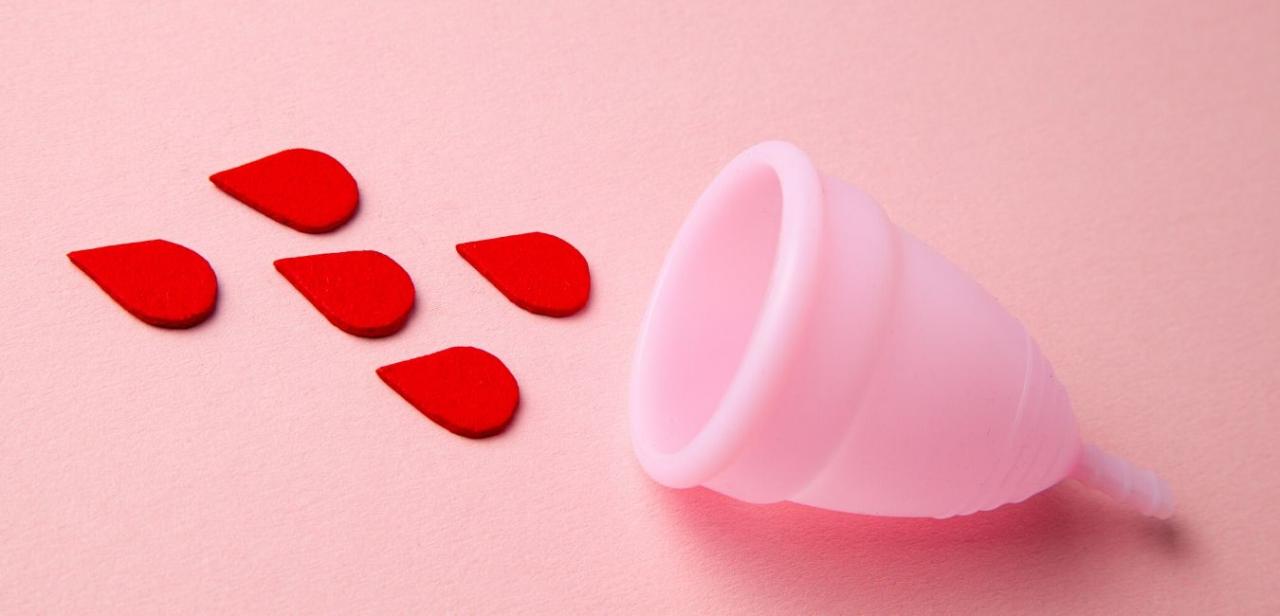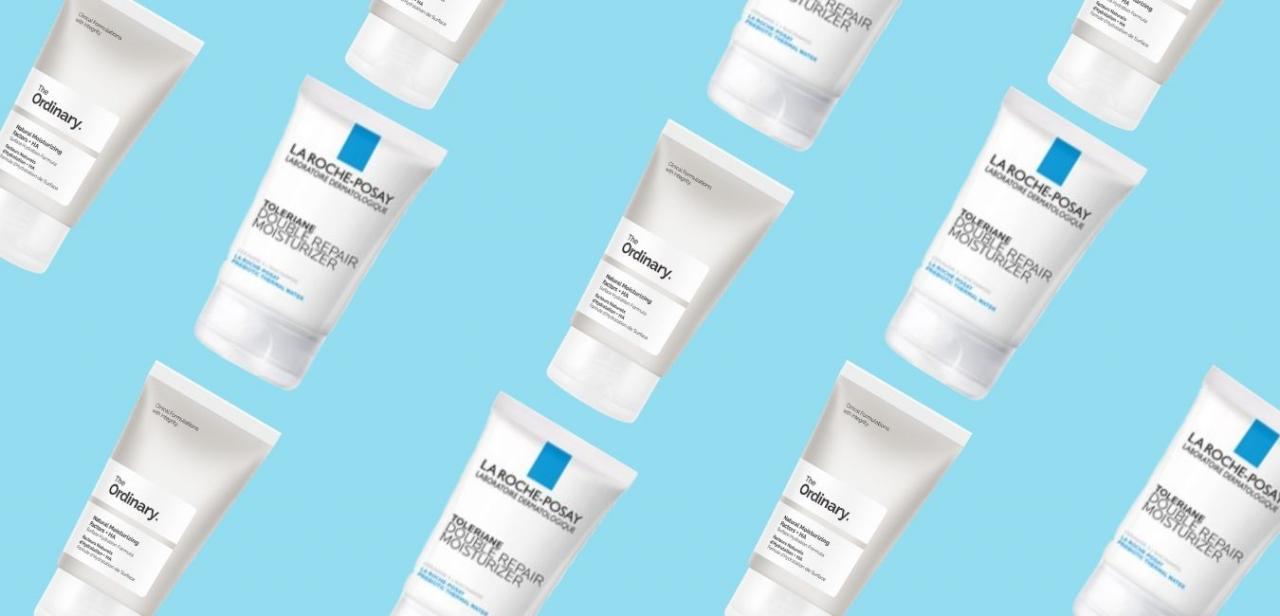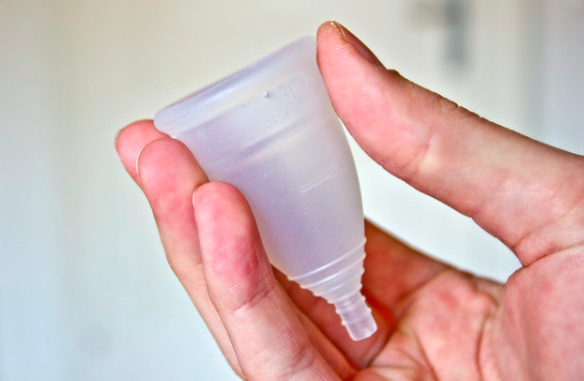Today’s blog is the last in a three-part series on acne associated with menstrual periods. In the first blog I laid out how acne can be related to the menstrual cycle. In the second blog I started the treatment discussion with dietary changes that can improve condition and now I will conclude by explaining how sleep, exercise and stress management are also important components to the healing process for acne and other symptoms associated with menstrual cycles.
Proper sleep is also crucial for appropriate hormonal balance. I divide proper sleep into three categories. The first is the quantity of sleep which is getting enough sleep each night, between six and eight hours each night. The second category is sleep hygiene which includes the rituals you do every night to prepare for sleep. Our bodies like consistent patterns so each night we need to do the same thing to let our bodies know we are preparing for sleep. Sleep hygiene also includes making sure the room is dark so our bodies can produce melatonin which helps us get and stay asleep and quiet so we can get restful sleep. The third category is time you actually get to sleep. Getting to sleep before midnight increases the quality of sound, restful and restorative sleep. At least a couple of hours before midnight is best. The reason it is important to get to sleep before midnight is again because of a hormone called cortisol which is lowest around 10:30 in the evening. We want to be sleep when our cortisol is low so we can reach the deepest levels of sleep during our sleep cycle.
Stress, whether it be emotional, spiritual or physical, directly impacts your female hormonal balance. Our stress hormone cortisol and our female hormones estrogens, progesterone and androgens are made from the same building blocks. When our bodies experience stress we divert the more of our building blocks to our stress hormones and away from our female hormones. This makes it important to have stress management behaviors in place so our body can appropriately divide the building blocks between our female hormones and our stress hormones.
Finally, we should talk about exercise as an synergistic part of our hormone balance. There have been numerous studies that show consistent exercise helps improve the quality of sleep, support stress management and the ability for the body to have bowel movements releasing toxins and waste from the body. All the things we just mentioned.
Live Vibrantly,
Dr. Dae
Dr. Dae's website: www.healthydaes.com
Dr. Dae's book: Daelicious! Recipes for Vibrant Living can be purchased @ www.healthydaes.com
Dr. Dae's Bio:
“Dr. Dae" (pronounced Dr. Day) Daemon Jones is a Naturopathic Physician who completed her training at the University of Bridgeport College of Naturopathic Medicine. She is certified as a General Practitioner by the North American Board of Naturopathic Examiners (NABNE). Dr. Dae provides tailored treatment to meet the unique needs of every individual she sees in her practice. She also provides specialized support for persons challenged by nutritional deficiencies, weight problems, hormonal and reproductive system disorders, attention deficit disorder and those experiencing chronic diseases. Dr. Dae is an adjunct faculty member for Smith Farm Center for Healing and the Arts. She is the author of Daelicious! Recipes for Vibrant Living. Dr. Dae is a featured chef with www.myfoodmyhealth.com. Dr. Dae is a regularly featured writer for the Elite GoogleNews Website empowher.com where she shares her personal and professional vision for living whole and living well. To learn more about Dr. Dae, her products and services, please visit her on the Web at www.Healthydaes.com.






Add a CommentComments
There are no comments yet. Be the first one and get the conversation started!